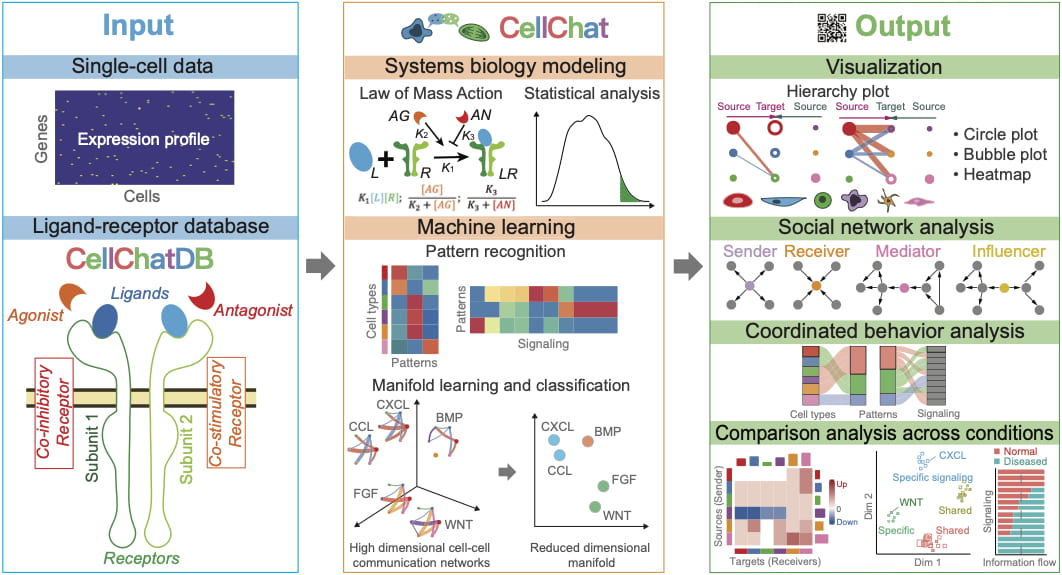Elizabeth Cauffman's research cited in Supreme Court decision
SCOTUS strikes down mandatory life sentences without parole for juveniles, referencing the UCI professor’s developmental psychology findings.
The U.S. Supreme Court’s ruling Monday that states may not impose on juveniles mandatory life sentences without parole was influenced by a brief co-written by Elizabeth Cauffman, UCI professor of psychology & social behavior and education. The brief, filed by the American Psychological Association, argued that research in developmental psychology and neuroscience shows that juveniles are less capable of mature judgement than adults, more vulnerable to negative influences, and have a greater capacity for change and reform than adult offenders. In the official Supreme Court opinion in the cases of Miller v. Alabama and Jackson v. Hobbs, the justices cited the brief and noted: “It is increasingly clear that adolescent brains are not yet fully mature in regions and systems related to higher-order executive functions such as impulse control, planning ahead and risk avoidance.” The court ruled 5-4 that such sentences for individuals under 18 violate the Eighth Amendment’s ban on cruel and unusual punishment. Cauffman called the ruling “an important step for building the bridge between science and policy.” She believes that minors need to be held accountable for their actions but that the punishment they receive should be appropriate for their developmental status. “Life without parole denies that change is possible,” Cauffman says. “For such a sentence to be reasonable, one would need to be certain that a particular offender has no capacity for improvement. But there is ample evidence that most adolescents do change.”

